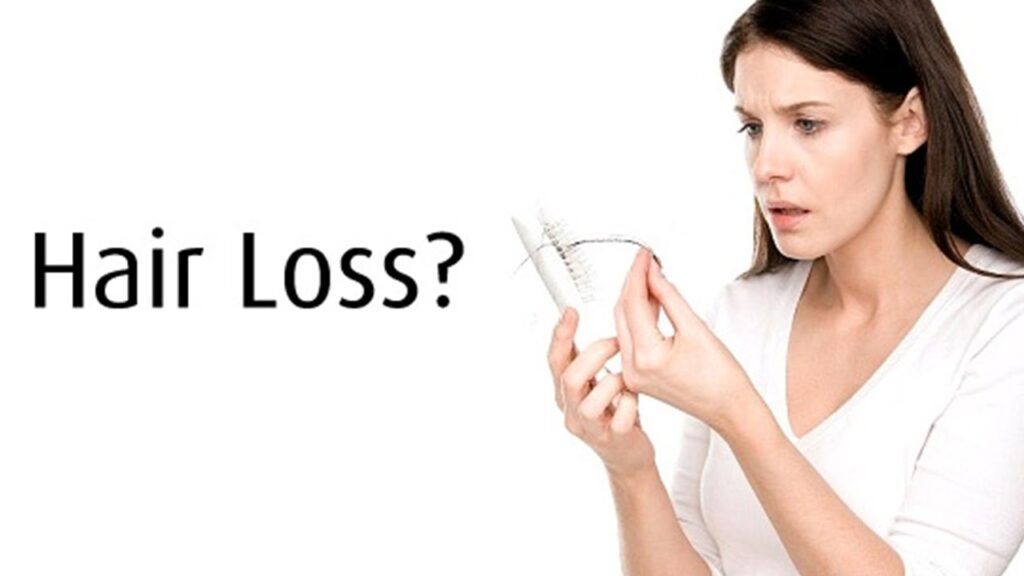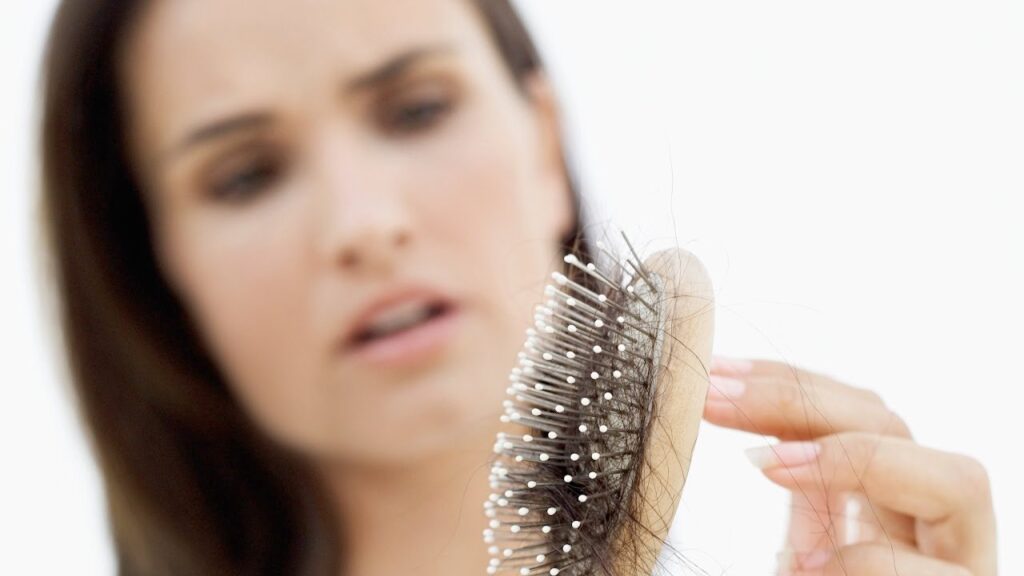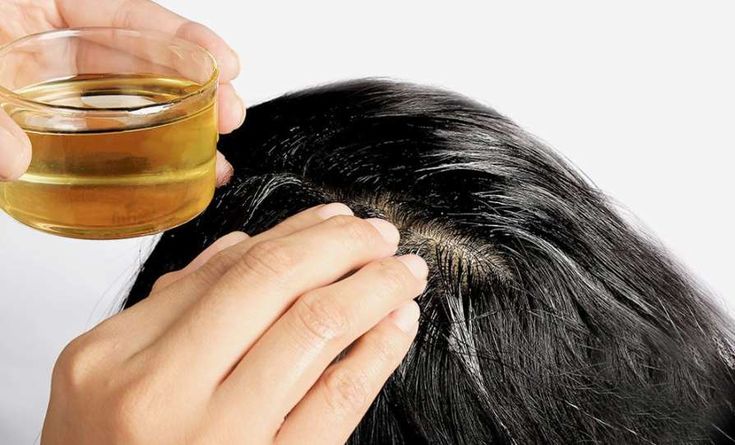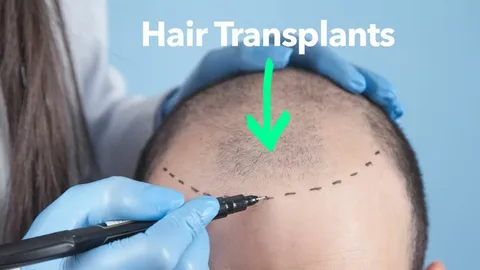Hair loss is one of the most common concerns that many people face at some point in their lives. Whether it’s caused by stress, genetics, hormonal fluctuations, or poor diet, it’s always distressing to notice strands of hair accumulating in the shower drain or on your pillow.
But there’s hope! With the right approach and knowledge, How Can I Prevent My Hair from Falling Out and encourage healthy hair growth. In this detailed guide, we’ll explore everything you need to know about preventing hair loss and ensuring your hair remains thick, healthy, and strong.
Understanding Hair Loss
Before delving into the prevention methods, it’s crucial to understand why hair falls out in the first place. Hair loss is a natural process, but excessive or premature shedding can be alarming.
The root causes of hair loss can vary, and identifying the cause of your hair shedding will help you choose the most effective solutions.
Types of Hair Loss
Not all hair loss is the same, and understanding the different types can guide your treatment options.
- Androgenetic Alopecia (Male and Female Pattern Baldness): The most common type of hair loss, affecting both men and women. It’s largely genetic and typically occurs gradually over time. In men, it usually begins with a receding hairline, while women may experience diffuse thinning throughout their scalp.
- Telogen Effluvium: This type of hair loss is triggered by a sudden physical or emotional shock. It leads to a large number of hair follicles entering the resting phase, causing shedding. Factors such as stress, medications, dietary deficiencies, or major life events can cause this condition.
- Alopecia Areata: An autoimmune condition where the body mistakenly attacks hair follicles, causing round patches of baldness. While its exact cause isn’t always clear, genetics and stress may play a role.
- Traction Alopecia: This occurs when hairstyles that put constant tension on the hair (e.g., tight braids, ponytails, or buns) cause hair to break or fall out. It’s common in individuals who wear tight hairstyles frequently.
- Anagen Effluvium: Often associated with chemotherapy treatments, this type of hair loss affects the growth phase of hair. The hair begins to fall out quickly due to toxic substances affecting the hair follicles.
Causes of Hair Loss
- Genetics: If you have a family history of hair thinning or baldness, you may be more likely to experience genetic hair loss as you age.
- Hormonal Changes: Changes in hormones due to pregnancy, menopause, or polycystic ovary syndrome (PCOS) can contribute to hair thinning. Thyroid imbalances can also cause hair loss, especially when levels of thyroid hormones fluctuate.
- Nutritional Deficiencies: Lack of essential nutrients, such as iron, zinc, vitamins, and proteins, can negatively impact hair health and lead to excessive shedding.
- Stress: Emotional or physical stress can have a significant impact on hair. It triggers the body to release certain hormones that push hair follicles into the resting phase, leading to shedding.
- Medications: Certain medications, including chemotherapy drugs, blood thinners, and anti depressants, can cause hair loss as a side effect.
- Environmental Factors: Pollution, harsh weather conditions, and chemicals in hair products can weaken your hair and contribute to thinning over time.
Recognizing the Signs of Hair Loss
If you notice excessive hair shedding, it’s important to identify the signs early. Here are a few ways to determine if you are experiencing hair loss:
- More hair on your pillow or in your comb than usual.
- Thinning patches or bald spots appearing on your scalp.
- A receding hairline or noticeable change in hair thickness.
It’s always recommended to visit a dermatologist or healthcare provider to determine the exact cause of your hair loss.
Prevention Strategies for Hair Loss
While it may be impossible to completely stop natural shedding, there are many ways you can slow down or even reverse hair loss. Here are the most effective methods:
1. Improve Your Diet
A healthy diet is one of the most essential elements in maintaining healthy hair. If your body lacks important nutrients, it can directly affect the growth of your hair. A balanced diet rich in vitamins, minerals, and proteins can prevent hair from becoming brittle or thin.
Essential Nutrients for Hair Health
- Protein: Hair is primarily made of a protein called keratin. Consuming adequate amounts of protein rich foods like eggs, chicken, and lentils will help promote stronger, healthier hair.
- Iron: Iron deficiency is a common cause of hair loss. Foods rich in iron such as spinach, lentils, and red meat are vital for supporting hair health.
- Biotin: Often recommended for hair growth, biotin (or vitamin B7) supports keratin production and helps in hair strengthening. Eggs, almonds, and sweet potatoes are excellent sources of biotin.
- Vitamin A: Vitamin A encourages the production of sebum, which moisturizes the scalp and promotes healthy hair. You can get vitamin A from foods like carrots, spinach, and mangoes.
- Vitamin C: Essential for collagen production, vitamin C helps keep hair strong and resistant to damage. Citrus fruits, strawberries, and bell peppers are great sources of this vitamin.
- Zinc: Zinc promotes healthy hair follicles and aids in tissue growth and repair. Pumpkin seeds, cashews, and chickpeas are excellent sources of zinc.
Foods to Eat for Healthy Hair
Here’s a quick list of foods that will nourish your hair and scalp:
- Eggs: Rich in protein and biotin, both of which are essential for hair health.
- Avocados: Contain vitamin E, which helps maintain a healthy scalp.
- Nuts and Seeds: High in omega-3 fatty acids and vitamin E, which promote a healthy scalp.
- Salmon: Full of omega-3 fatty acids that promote shiny, strong hair.
- Spinach: High in iron and vitamins A and C, all of which are essential for hair health.
- Berries: Packed with vitamin C and antioxidants that protect hair follicles from oxidative stress.
2. Follow a Proper Hair Care Routine
What you do to your hair on a daily basis can have a significant impact on its health. Below are some best practices for maintaining a strong and healthy hair routine:
Avoid Over washing
Over-washing your hair can strip it of its natural oils, leaving it dry and brittle. Aim to wash your hair 2-3 times a week to maintain moisture and prevent unnecessary breakage.
Use Mild Shampoos and Conditioners
Opt for sulfate free shampoos that are gentle on your hair. Harsh chemicals can weaken your hair over time, causing it to become dry and prone to breakage. Look for products that are specifically designed for dry, thinning, or fragile hair.
Limit Heat Styling
Excessive use of heat styling tools like straighteners, curling irons, and blow dryers can cause damage to your hair. If you need to use heat styling tools, always apply a heat protectant and keep the temperature setting on low to minimize damage.
Be Gentle with Your Hair
Avoid brushing your hair aggressively or using harsh hair ties. Wet hair is particularly vulnerable to breakage, so use a wide toothed comb or your fingers to gently detangle hair after washing.
Scalp Massages
Massaging your scalp can help improve blood flow to the hair follicles, stimulating growth. Essential oils such as rosemary oil, peppermint oil, and lavender oil are known to promote hair growth and can be incorporated into your scalp massage.
3. Manage Stress Effectively
High levels of stress can lead to telogen effluvium, a condition that causes excessive hair shedding. Managing stress is essential not only for your overall health but for your hair as well.
Stress Reduction Techniques
- Meditation: Practicing mindfulness and meditation can reduce stress and help calm the mind. Even 10-15 minutes of daily practice can be beneficial for your overall well being.
- Exercise: Regular physical activity helps reduce stress hormones and releases endorphins, which improve mood and reduce stress.
- Yoga: Yoga is a great way to relax your body and mind while improving blood flow to your scalp.
- Adequate Sleep: Sleep is crucial for your body to recover and regenerate, including hair follicles. Aim for 7-9 hours of sleep each night to support healthy hair growth.
4. Avoid Harmful Chemical Treatments
Chemical treatments like perms, relaxers, and dyes can weaken your hair, leading to brittleness and breakage. If you must color or treat your hair, try to minimize the use of chemicals or use natural alternatives.
5. Medical Treatments and Products
If lifestyle changes and dietary adjustments aren’t enough to halt hair loss, there are medical treatments available that can help.
Minoxidil
Minoxidil is a topical treatment that is FDA approved for promoting hair growth. It works by stimulating hair follicles and is available over the counter in both liquid and foam forms. It’s most effective when used consistently over several months.
Finasteride
Finasteride is a prescription medication used primarily for male pattern baldness. It works by reducing the level of dihydrotestosterone (DHT), a hormone that can shrink hair follicles and lead to hair loss.
Hair Transplant Surgery
For more severe cases of hair loss, hair transplant surgery might be an option. During the procedure, hair follicles from a donor area (usually the back of the scalp) are transplanted to areas that are thinning or bald.
Conclusion
Preventing hair loss requires a holistic approach that combines proper nutrition, a healthy hair care routine, effective stress management, and sometimes medical treatments. By following the tips outlined in this guide, you can create an environment that encourages hair growth and prevents excessive hair fall.
Consistency is key. Implement these habits gradually, and over time, you’ll likely see improvements in your hair’s health, thickness, and strength.
FAQs
- Can stress really cause hair loss?
Yes, stress can lead to a condition called telogen effluvium, which results in temporary hair loss due to hair follicles entering the resting phase prematurely. - How long will it take to see results from hair treatments like minoxidil?
It typically takes 3-6 months of consistent use to see noticeable results from minoxidil and other hair treatments. - Can diet really affect hair growth?
Yes, a diet rich in vitamins, minerals, and protein is essential for healthy hair growth. Deficiencies can cause thinning and shedding. - How often should I wash my hair to prevent hair loss?
Washing your hair 2-3 times a week is recommended to avoid stripping it of essential oils. Over washing can lead to dryness and breakage. - Are there any natural remedies for hair loss?
Yes, essential oils like rosemary and peppermint oil have been shown to promote hair growth. Regular scalp massages and healthy diet choices can also help prevent hair loss.




